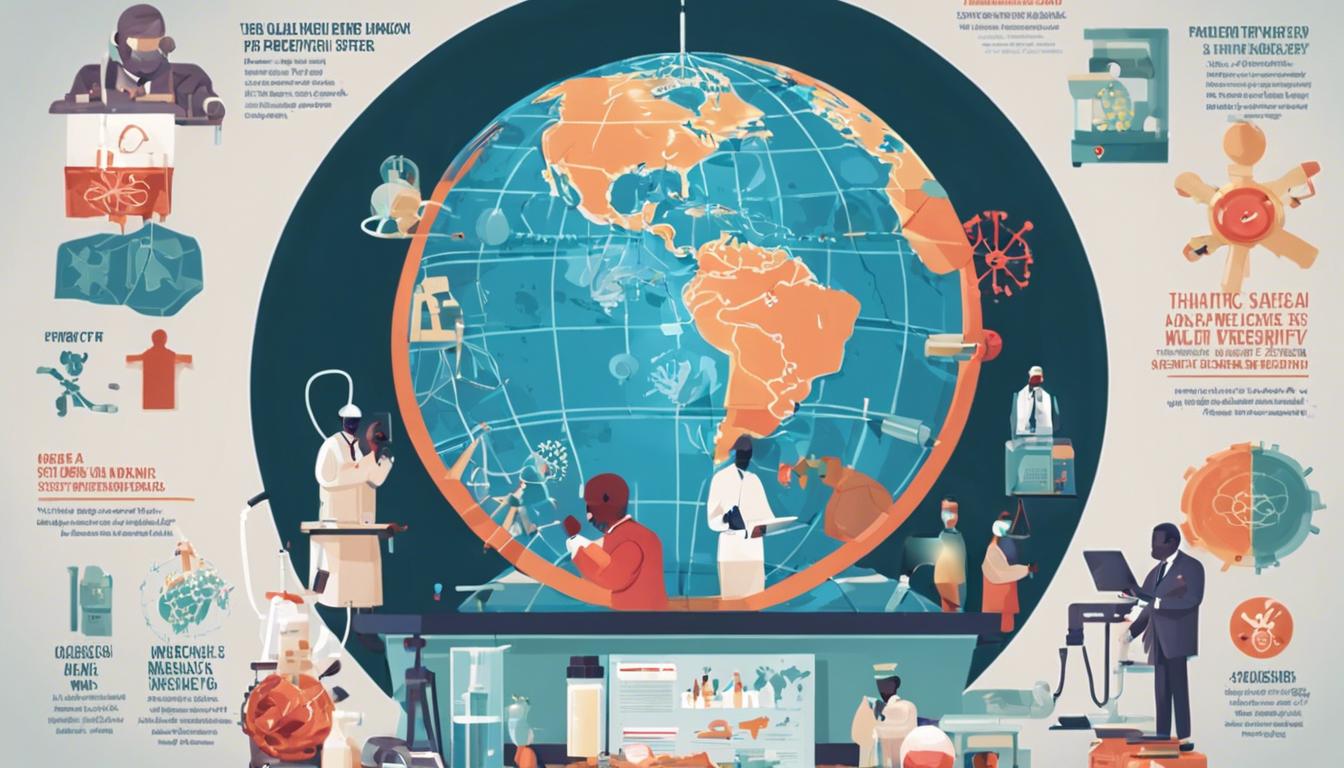The Biden administration has introduced a significant global health safety plan aimed at improving disease detection and response capability across 50 nations, targeting to expand to 100 by year’s end amidst the emergence of a new MPOX virus strain.
The Biden administration announced a new initiative to collaborate with 50 countries to prevent future pandemics by enhancing disease detection and response capabilities. This plan, named the Global Health Security Strategy, was highlighted by President Joe Biden as a crucial step in protecting global health and reinforcing the safety and strength of the United States. The strategy focuses on improving testing, surveillance, communication, and preparedness, particularly in Africa and Asia, where health systems were severely impacted by the COVID-19 pandemic and other health crises like Ebola and MPOX.
The initiative includes assisting countries like the Democratic Republic of Congo, which is currently handling an MPOX virus outbreak. The US support includes providing vaccines and other aids to strengthen the local response. Despite ongoing discussions on a global pandemic treaty at the World Health Organization, the US is pushing forward with its health security agenda and plans to expand the program to 100 countries by the end of the year. President Biden has requested $1.2 billion for global health safety in his latest budget proposal to Congress.
In related news, a new strain of the MPOX virus, named “clade 1b,” has been identified in the mining town of Kamituga in the Democratic Republic of Congo. This mutated strain, which experts warn has pandemic potential, emerged with mutations that allow it to evade some current diagnostic tests. Despite mainly spreading through sexual contact, the virus poses a heightened risk of a widespread outbreak due to its mutations and the current demographic shifts in affected regions.
The discovery of this strain is particularly concerning given the ongoing challenges with the existing clade 1 virus, which has already led to numerous infections and fatalities in the area. Researchers are emphasizing the need for quick intervention, including enhanced surveillance, contact tracing, and targeted vaccinations, to prevent the virus from spreading beyond Kamituga and causing further global health emergencies.













